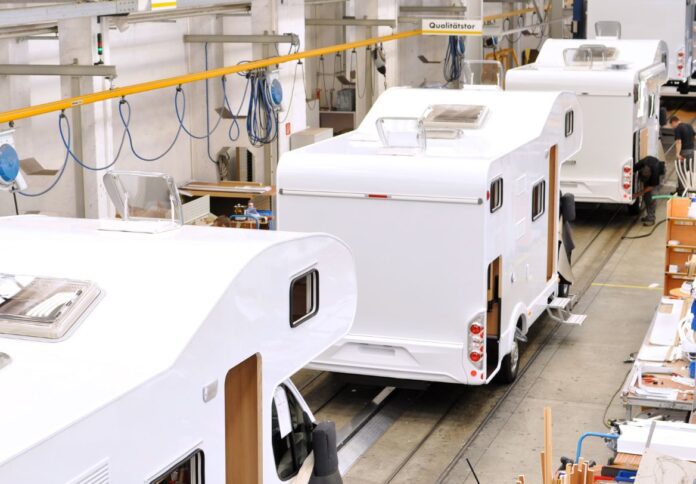
In the wake of the COVID-19 pandemic, Australia saw an increase in the sales of recreational vehicles following the implementation of travel bans.
This surge put a significant strain on the manufacturing, sales and customer service processes of Jayco Corporation, the largest manufacturer of RVs in Australia.
Faced with these challenges, Jayco recognised the need to organise its data to maintain efficient production, ensure consistent and personalised communication with customers, and ultimately, support its growth. The solution lies in a flexible customer relationship management (CRM) system.
What is a CRM?
At its core, a CRM system is designed to manage a company’s interactions with current and potential customers. It leverages data analysis to improve business relationships, streamline processes, and enhance customer service.
For a company like Jayco, which provides marketing and sales assistance for 29 dealerships in Australia, implementing a robust CRM system was crucial.
“We knew what dealers were selling week to week but didn’t have data about their sales opportunities in progress or web enquiries,” says Andrew Fogarty, business analytics manager at Jayco Corporation.
Marketing teams frequently struggled to understand campaign performance. Available data often lacked context, making it difficult to assess a lead’s level of interest or determine if a buyer had previously owned a Jayco.
“Our team puts a lot of effort into campaigns from EDMs to creative content,” Fogarty says. “But what we weren’t seeing was how much traffic we were genuinely driving to the dealer network and how leads were being followed up.”
If the company was to gain a comprehensive picture of sales, marketing, and customer activities for its dealership network, it needed to organise its data.
Partnering with SugarCRM
To meet its needs, Jayco chose to implement SugarCRM following a pitch from CRM Strategy, an independent Sugar implementation partner.
“We saw we could customise Sugar to suit our needs and use our data to build super-specific modules,” says Fogarty.
This flexibility, which was not present in other platforms, meant local dealers could retain their processes while sharing data with Jayco Corporation.
After that, Jayco and SugarCRM collaborated to centralise data, customise processes, and assist each of its dealerships, like Jayco Adelaide, in successfully implementing the SugarCRM system.
“Seeing web activity start to come through was a huge win. Suddenly, our marketing teams had better data to work with and build advanced nurture campaigns,” Fogarty says.
Unified systems, unified success
Integrating SugarCRM has transformed Jayco Corporation’s processes across departments. Previously, data was scattered and disconnected, but now, with a unified system, Jayco can be more proactive in its operations.
The marketing team benefits from deeper insights into campaign performance, enabling them to target and retarget customers more effectively.
Sales representatives can now have smoother conversations with leads, instantly identifying returning customers and their product interests.
Lastly, dealer development managers at Jayco can use the insights from SugarCRM to provide better support and recommendations to dealers, enhancing overall performance and collaboration.
A data-driven future for Jayco
Jayco’s journey with SugarCRM highlights the crucial role of integrating data systems in modern manufacturing. By centralising their data and streamlining processes, Jayco has improved efficiency and customer service, setting a standard for other manufacturers. For more details on their case study, visit sugarcrm.com.



















